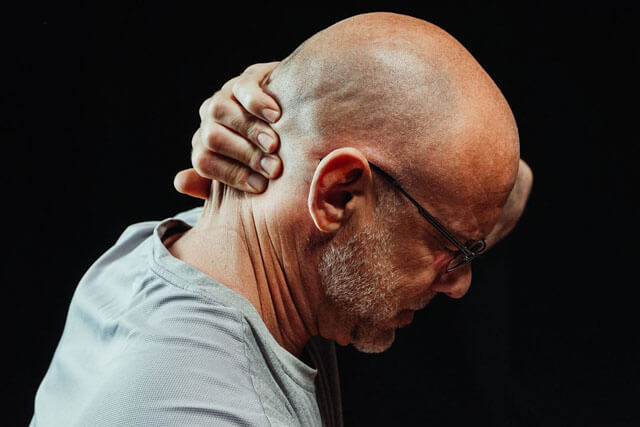Cervical Spondylosis Neck

Cervical Spondylosis
Cervical spondylosis is a general term for age-related wear and tear affecting the spinal disks in your neck. This condition is often used to describe degenerative disc disease and osteoarthritis. Neck injuries, your age, occupation (jobs that involve repetitive neck motions), and genetic factors all are potential risk factors. Smoking can also be a contributing factor.
Overview
Cervical spondylosis may not cause symptoms until it reaches a critical point. When symptoms do occur, they usually include pain and stiffness in the neck. If the spinal cord or nerve roots become pinched, you might experience:
- Tingling, numbness and weakness in your arms, hands, legs or feet
- Stiffness and loss of range of motion
- Lack of coordination and difficulty walking
- Loss of bladder or bowel control
Symptoms
This condition is a degeneration of the spine that can affect the spine at any level, resulting in pain and discomfort that can grow worse over time. As you age, the bones and cartilage that make up your neck and backbone can gradually change.
You might experience the following:
- Dehydrated disks. By the age of around 40, most people's spinal disks (cushions between the vertebrae of your spine) begin shrinking and drying out, which creates more bone-on-bone contact between the vertebrae.
- Herniated disks. Your age also affects the exterior of your spinal disks. Cracks can appear which leads to bulging (herniated) disks — which can press on the spinal cord and nerve roots.
- Bone spurs. Disk degeneration can often result in the spine developing extra amounts of bone in an effort to strengthen the spine. These bone spurs can sometimes pinch the spinal cord and nerve roots.
- Rigid ligaments. Ligaments are cords of tissue which connect bone to bone. Spinal ligaments can stiffen with age, making your neck less flexible. Seek medical attention if you notice a sudden onset of numbness or weakness, or loss of bladder or bowel control.